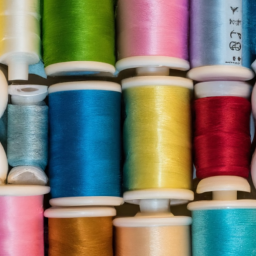
?
thread.jpg” alt=”Cotton Thread Roll” style=”width: 500px;”>
When it comes to sewing, using the right thread is essential for achieving great results. Cotton thread, known for its strength and versatility, is a popular choice among both amateur and professional sewers. However, not all cotton threads are created equal, and it’s important to choose the best one for your sewing projects.
Quality
When selecting cotton thread, the quality should be your top priority. High-quality cotton threads are made from long-staple cotton fibers, which are smoother, stronger, and less prone to linting. These threads provide better stitch formation, durability, and reduced breakage during sewing.
Weight
Cotton thread comes in various weights, often referred to as thread thickness or thread size. The weight of the thread determines its suitability for different sewing techniques and fabric types. For general sewing, a medium weight thread (around 50wt) is the most versatile. However, for heavier fabrics or topstitching, you may want to consider using a heavier weight thread.
Colorfastness
Choosing a colorfast cotton thread is vital, especially if you are working with fabrics that require frequent washing or exposure to sunlight. Colorfast threads retain their color even after repeated washes or prolonged exposure to light, ensuring that your sewing projects remain vibrant and beautiful over time.
Brand Reputation
Opting for a reputable brand ensures consistency in thread quality and performance. Established sewing thread manufacturers have a history of producing reliable products and often provide detailed information on their thread labels, including fiber content, weight, and recommended uses. Some well-known brands for cotton thread include Aurifil, Gutermann, and Coats & Clark.
Special Considerations
In addition to the above factors, certain sewing projects may require specific types of cotton thread. For instance, if you are working on quilting projects, using a long-staple, mercerized cotton thread is often recommended due to its increased strength and resistance to fraying. Similarly, for delicate fabrics such as lace or silk, a fine-weight cotton thread may be more suitable to prevent unnecessary puckering or pulling.
Conclusion
Overall, choosing the best cotton thread for your sewing needs involves considering factors such as quality, weight, colorfastness, and brand reputation. By selecting a high-quality thread that matches your project requirements, you can ensure strong, durable, and visually appealing stitches. Don’t hesitate to experiment and try different threads to discover the perfect one for each of your sewing endeavors!
Happy sewing!
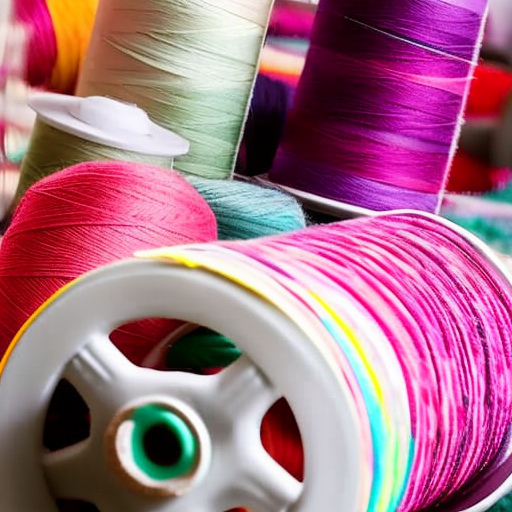
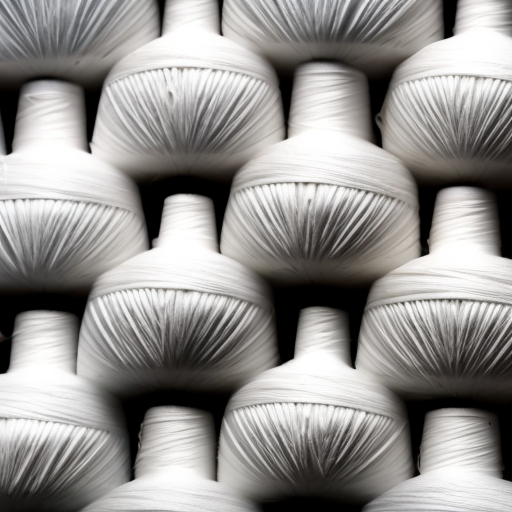
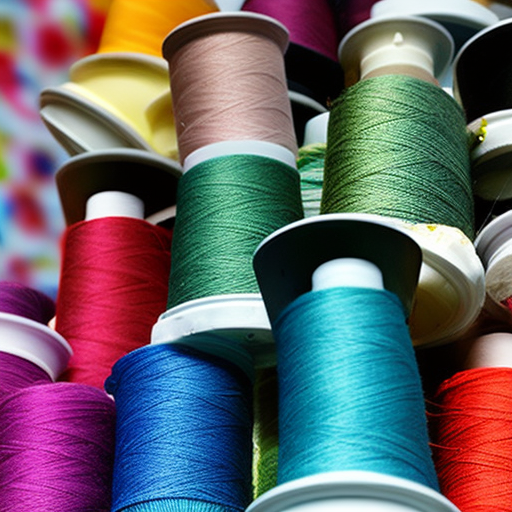
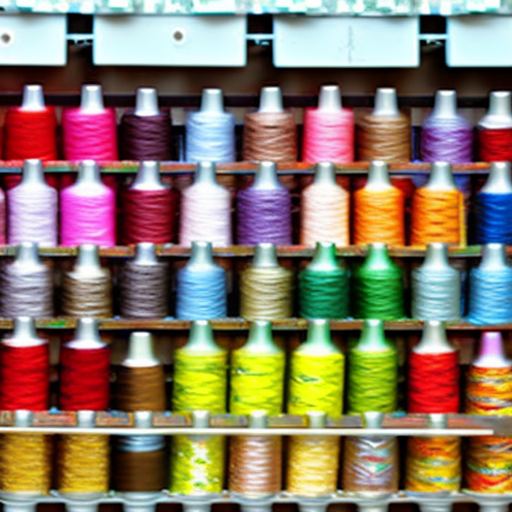

Visible seam stitches make a project look professional.
Ida Greene: My go-to thread for any project is Gutermann Cotton thread – it is strong, durable, and has an extensive range of vibrant colors. #GutermannCottonThread
I’m a huge fan of polyester thread as it is strong and doesn’t break easily. #PolyesterThread
Gutermann Cotton thread is a fantastic option with a wide range of colors and durability, but polyester thread is also a great choice for projects that need strong thread that won’t break easily. #AbundantThreadOptions
Definitely Gutermann Cotton thread for all your sewing projects! It’s strong, reliable and the best thing is that it comes in a variety of colors to suit whatever project you’re working on. #GutermannCottonThread